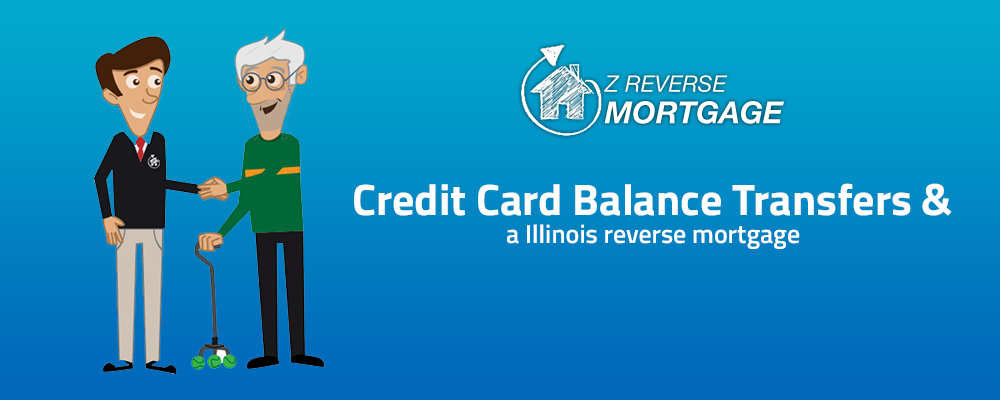How to manage overall credit card debt can be a big challenge and you may be flooded with offers claiming that an effective way could be transferring your credit card balance. But before deciding on something like this it is always advisable to have a look at the pros and cons of such a step.
Credit Card Balance Transfers: A Good Option
Undoubtedly transferring credit card balances is a good option to save money. This can be better explained with help of an example. If someone has to pay 15% interest rate on a $20,000 card, it could amount to $3,000 a year. So, by transferring the balance of the card in a way that one does not have to pay this interest can really be a good idea, but how can this be done?…
One option can be to transfer the balance to a card with a zero percent interest rate or even another card with a lower interest rate can help in savings if the current rate is higher. If someone has multiple credit card balances than transferring it is a good idea because this way one can be able to pay off credit card debt more quickly¹.
However, whenever transferring the balance and consolidating the debts it is very important to read the offer given by various companies carefully because sometimes the cards claiming to be zero percent credit cards are actually deferred interest rate cards disguised as low rate offers.
Illinois Reverse Mortgage: A Great Alternative
A very popular option to pay off a lot of credit card debt is a reverse mortgage. Also known as the Home Equity Conversion Mortgage (HECM) which is a government-insured loan. The reverse mortgage helps the senior citizens get a portion of their home’s equity to obtain funds which are tax free² and will not involve any monthly mortgage payments³.
References
1. useful article on balance transfer by Lynnette Khalfani-Cox, 6/12/13, http://www.aarp.org/money/credit-loans-debt/info-06-2013/tips-on-credit-card-balance-transfers.html
2. It is always better to consult the financial advisor and concerned government agencies for any effect on taxes or government benefits if you opt for a reverse mortgage.
3. Some exemptions are only applicable if you are seeking a reverse mortgage on the home which is your primary residence and you continue to pay required property taxes, homeowners insurance and maintain the home according to Federal Housing Administration requirements.








